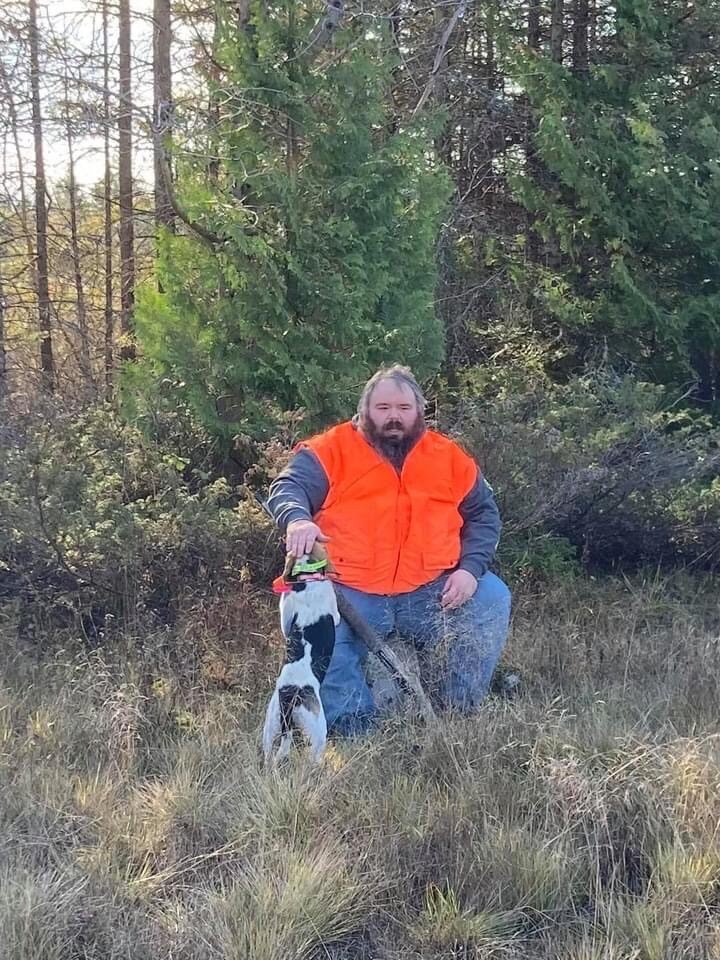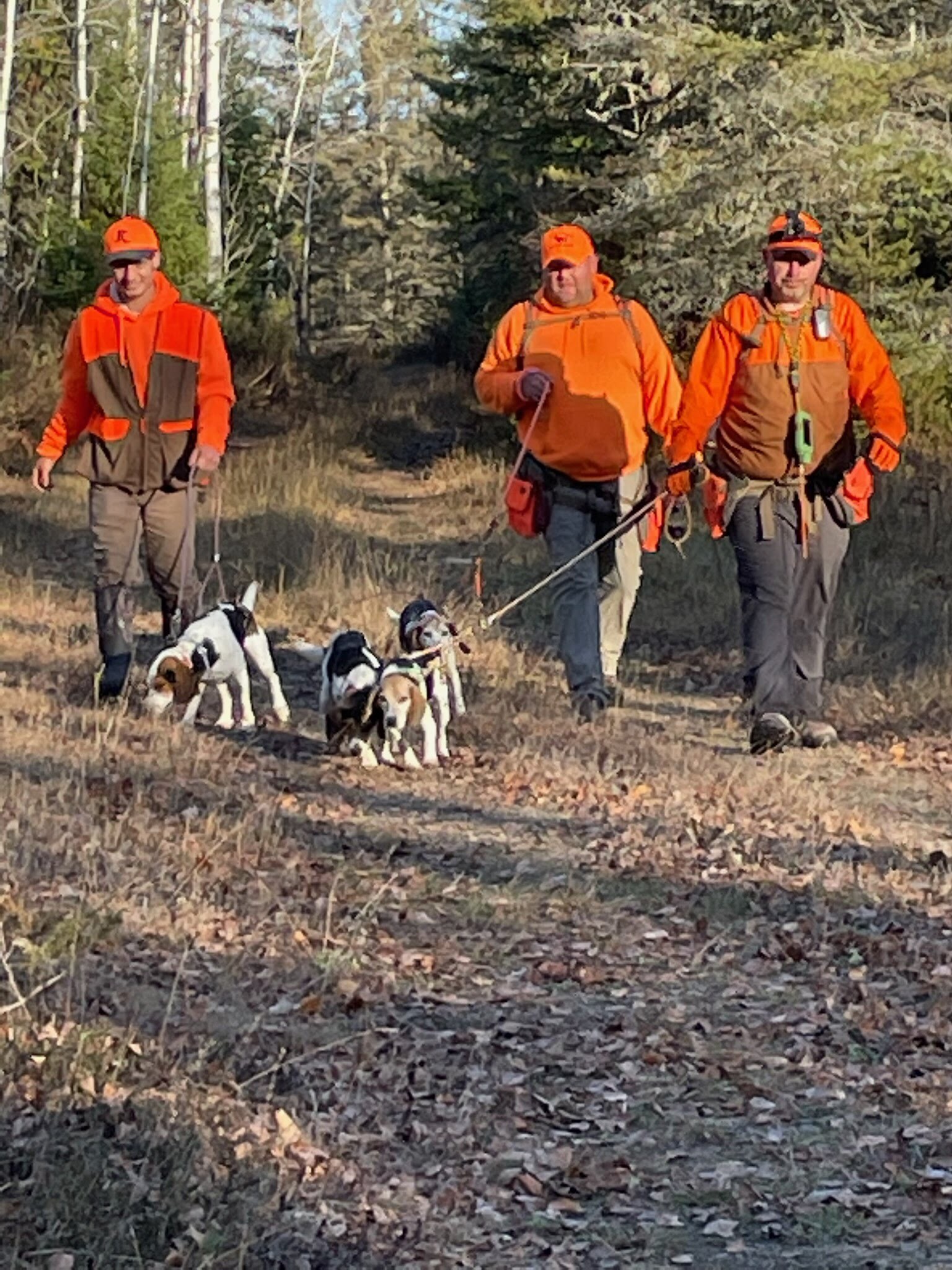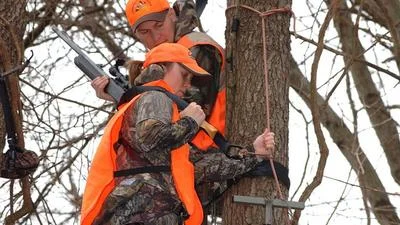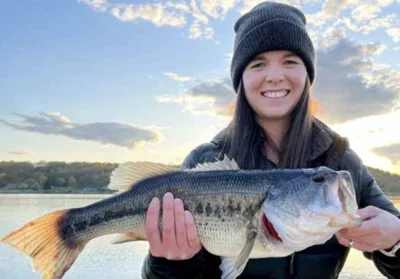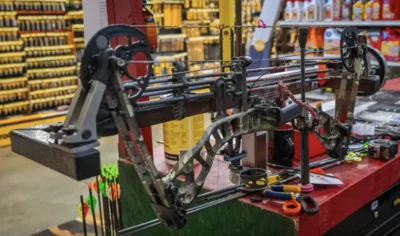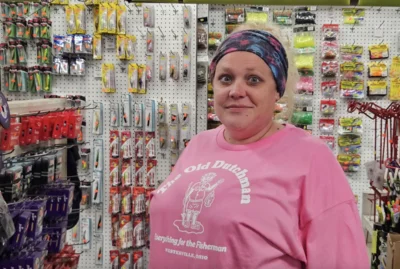As small game seasons continue to unfold in Ohio, seasoned hunter Mark Jenkins, the owner of Reaper Valley Tactical LLC, shared his experience and knowledge about various hunting opportunities and the role of youth hunting in preserving the shooting sport tradition.
Small game seasons in Ohio include the below:
• American Crow (Friday, Saturday, and Sunday only) June 2, 2023 to March 3, 2024
• Squirrel (red, gray, and fox) Sept. 1, 2023 to Jan. 31, 2024
• Ruffed Grouse (public land) Oct. 14, 2023 to Nov. 26, 2023
• Ruffed Grouse (private land) Oct. 14, 2023 to Jan. 1, 2024
• Cottontail Rabbit Nov. 3, 2023 to Feb. 29, 2024
• Ring-necked Pheasant and Chukar Partridge Nov. 3, 2023 to Jan. 14, 2024
• Bobwhite Quail (select counties and wildlife areas) Nov. 3, 2023 to Nov. 26, 2023
• Fox (red and gray), Raccoon, Skunk, Opossum, and Weasel Nov. 10, 2023 to Jan. 31, 2024
• Youth Small Game Oct. 21, 2023 to Oct. 22, 2023 and Oct. 28, 2023 to Oct. 29, 2023
Squirrel hunting, in particular, is highlighted by Jenkins as a great entry point for newcomers. He mentions that hunters can use a range of firearms, from .22 caliber rifles to 12-gauge shotguns. The choice of firearm should align with the hunter's goals—whether they are hunting for sustenance or using squirrel tails as fishing lures.
For those seeking a more challenging and engaging experience, Jenkins recommends utilizing squirrel dogs.
These trained dogs assist hunters in treeing squirrels, transforming the hunt into a sport where the dogs play an active role. Jenkins emphasizes that training the dogs to tree squirrels adds an exciting dimension to the sport.
“Squirrel hunting is squirrel hunting – there's not a lot to it,” Jenkins told the Mount Vernon News.
“You walk up to the tree, you see a squirrel, you shoot a squirrel. Now, where you do get into the sport of things is if you have squirrel dogs, that's a big time sport. You let the dogs out. The dogs do the work. They'll tree the squirrel. And then you shoot the squirrel. So that makes it more of a sport because you have to train the dog to get to the point where it knows to tree the squirrel. So there's a there's a little bit of a fine area.”
In addition to squirrel hunting, Jenkins offers insights into crow hunting. Finding a crow flyway is essential, as not all fields have an equal number of crows. Electronic crow calls are an effective tool for attracting these intelligent birds. Ensuring proper camouflage and using a reliable 12-gauge shotgun are vital aspects of crow hunting. Jenkins advises varying the decoy setup to create a realistic appearance and increase the chances of luring in crows.
“For crow hunting figure out a flyway,” he said.
“So some fields there's more crows than others. You can do electronic calls for crows and the same thing. You kind of want to be camoed up. Obviously if a crow sees a guy sitting there in a flannel shirt it's not going to fly over him, right? So make sure your camoed up again. Again, have a good shotgun, a 12 gauge. These all have multiple applications. So if you're just getting into the sport, try to get a gun that works in multiple sports. So if turkey hunting doesn't work out you can use your turkey gun to shoot crows.”
“Electronic calls, make sure you get the crows calling in and flying. They have crow decoys, spread your decoys out to look like a realistic situation. If you've got just ten crows sitting in a straight line that is obviously not a realistic looking situation. Animals are smart, they will figure things out. Change your decoy setting up. So if one day it doesn't work for you go out, change it up, maybe use less or a different setting. That way they can get a different feel. Okay, this looks different today. They'll get a different feel. They'll be more likely to come in.”
For rabbit hunting Jenkins notes the importance of using trained dogs for hunting and cites the substantial role that well-bred hunting dogs play in enhancing hunting outcomes.
“You've got old hunters, they'll go out there and they'll pick brush and they'll get you two or three rabbits a day,” he said.
“When you can get a set of dogs and they go out and four guys get four rabbits in a couple hours you are talking 15 rabbits in a couple hours that is a different game. You're a whole different level of hunting with dogs.”
In the offseason, Jenkins’ involvement with the St. Louisville Beagle Club provides him with opportunities to participate in trial hunting.
This practice involves running dogs that track rabbits, simulating the hunt without using firearms. Once hunting season begins, the dogs assist in locating and flushing out rabbits, with the hunters taking the shots.
Youth hunting, holds a special place in Jenkins' heart.
He said it is important to introduced kids to the sport of hunting while promoting safety and appreciation for the great outdoors.
Jenkins hosts squirrel derbies as a member of the St. Louisville Beagle Club. He said the derbies reward participants with prizes for various achievements, encouraging camaraderie and enthusiasm among young hunters.
“Without future generations, we don't have population control for the animals. We lose the shooting sport aspect of it without future generations of kids getting out in the woods,” he said.
‘It gives them an appreciation of you don't have to get all your meat from a grocery store. Get them out, get them hunting and show them that you harvest this deer this feeds your family for several months. Squirrels are the same thing. It gives them a greater appreciation for life. That's my personal opinion and it teaches them that I don't have to depend on the grocery store. I can go out and shoot these squirrels and I've got a meal.”
“It also carries on the tradition of the shooting sports and without the next generation, that just goes to the wayside and we can't have that.”
Regarding the challenges facing pheasant and grouse hunting, Jenkins mentions that these species have faced population declines due to harsh winters and coyote predation.
Jenkins also said the fox, raccoon, skunk, oppossum and weasel seasons are not as popular with hunters as they were in the past due to the drop in the value of pelts.
